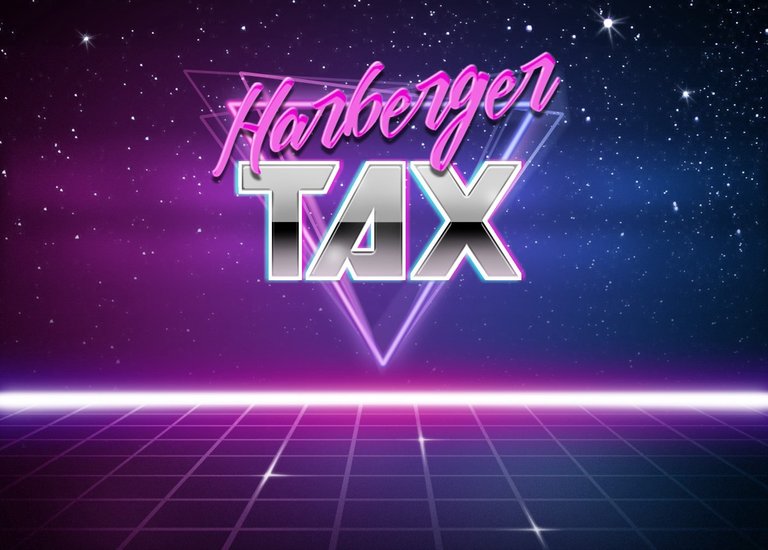I recently came across a new economic system that I hadn't heard of before, the Harberger Tax. It's unlike anything I had heard of before so I got really interested about it and have done a lot of research this last week. Here is a summary:

The harberger tax has the following rules:
- Everyone decides the value of their property
- Everyone pays a tax on that property. (Depending on the type of property the tax rate is higher or lower)
- Anyone can buy your property from you at the value that you picked.
Here's an example:
I own a piece of property. I decide that it's value is $100,000. Let's assume the tax is 10%. Each year I would pay $10,000 in taxes. After a little while someone comes along and decides that they want my property. They can purchase it from me for $100,000 no questions asked. They can then decide to raise the price or keep it the same and continue paying the 10% tax.
This is trying to solve two main problems:
The problem of initial allocation and
The "holdout" problem
In our society, when a new resource is discovered, how do we decide who gets it? For example, when new land is discovered, how do we decide who gets it? Currently the government sells it to people, often this leaves a small amount of people with the majority of the land. Often this land goes unused as the owners wait for property values to go up so that they can cash out while people who came later (or were born after all this) are left trying to buy a piece that was claimed in what in my opinion is an unfair distribution.
The harberger tax would make it unprofitable for the large landowners to hold lots of unused, useful land. Therefor they would lower the value on it so that they aren't paying a large tax and people that could use the land more productively would buy it at the lower prices.
Another example is radio frequencies. Many of them were sold to the highest bidder by the government and now there are unused frequencies where the owners are just asking a high price and waiting for a big company to be able to afford to buy it.
This leads me to the second problem, the "holdout" problem.
When it is cheap to hold a piece of property and the owner knows that someone needs it, they will often ask an outrageous price to try to gouge the potential buyer. It is a monopoly. An example is when the government wants to build a road that will go through someone's property or a business wants to build a skyscraper and they need to purchase the whole block. One land owner can make the whole process come to a halt because they have all the leverage.
The way that this problem is solved today is through government force known as "eminent domain." This gives the government power to force the land owner to sell their property at the "market price." This leads to many issues like, who decides what the market price is? What things should the government use eminent domain for?
With the harberger tax, the owner would simply decide what they want to be paid if someone buys their property and the business or government that wants to purchase it will simply do so.
I'm not going to tell you my opinion on it today, I'll save that for my next post but I definitely have enjoyed learning about it. I even played a modified version of monopoly incorporating the harberger tax to see how it would work!
Well what do you think? What would be the benefits or problems you see with the harberger tax?
Let's make this more interesting. You'll only get a 100% upvote from me if you name at least one benefit and one problem. Try to think of it from both sides.
Check out this article for more info on harberger taxation.
Use the tag "solvemyworld" in your posts about solutions to problems, life hacks, tips or advice for a better life. When you do, I'll give you a free upvote!
This is an interesting market structure. It would definitely change how the housing market works around the world. Where did you find out about this?
You know I don't remember exactly the place I heard about it. It was an article that had several different economic theories that cryptocurrencies could be helpful in trying. That led me to the article I linked to in my post.